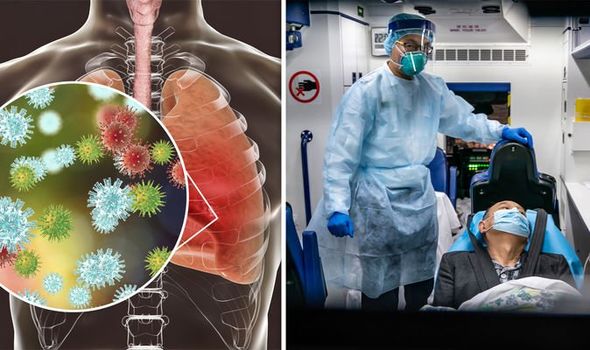
On Wednesday WhatsApp said that it” would launch a website to help combat misinformation surrounding the ongoing coronavirus pandemic”.
This will help to overcome from coronavirus conspiracy theories and COVID-19 scams flooding the internet and also to help fight this, WhatsApp has planned to hand over $1 million to the Poynter Insitute’s International Fact-Checking Network (IFCN)
Also, a ‘WhatsApp Coronavirus Information Hub’ will see the Facebook-owned company partner with the WHO and UNICEF to provide reliable information to users, providing ‘simple, actionable guidance’ for people.
Users will be able to access the ‘messaging hotlines’ via the coronavirus information hub, available at whatsapp.com/coronavirus.
Will Cathcart, Head of WhatsApp in the statement, said “We know that our users are reaching out on WhatsApp more than ever at this time of crisis, whether it’s to friends and loved ones, doctors to patients, or teachers to students. We wanted to provide a simple resource that can help connect people at this time.
We will also continue to work directly with health ministries around the world for them to provide updates right within WhatsApp.” WhatsApp, in its information hub, has listed seven firms — out of 18 organisations listed under IFCN’s fact-checking network — to counter fake news. According to the company website, “WhatsApp helps you connect with those who matter most. Here are some of the ways you can use WhatsApp to look after friends and family, stay up to date with the latest official health information, and share information responsibly.”
The portal will also include information regarding direct messaging hotlines by WHO and UNICEF.
The social media app is stated to be working with local governments in countries like Singapore, Israel, South Africa, Brazil, and Indonesia, to send citizens message regarding coronavirus.
You can connect remotely by using WhatsApp features, like groups, voice, and video calls to stay connected and provide support to loved ones even though you might not be able to be in the same place.
You can also choose reliable sources of information as the website says, “connect with local, national, and global organizations. Turn to trusted sources, like the World Health Organization or your national health ministry, for the latest information and guidelines.”
